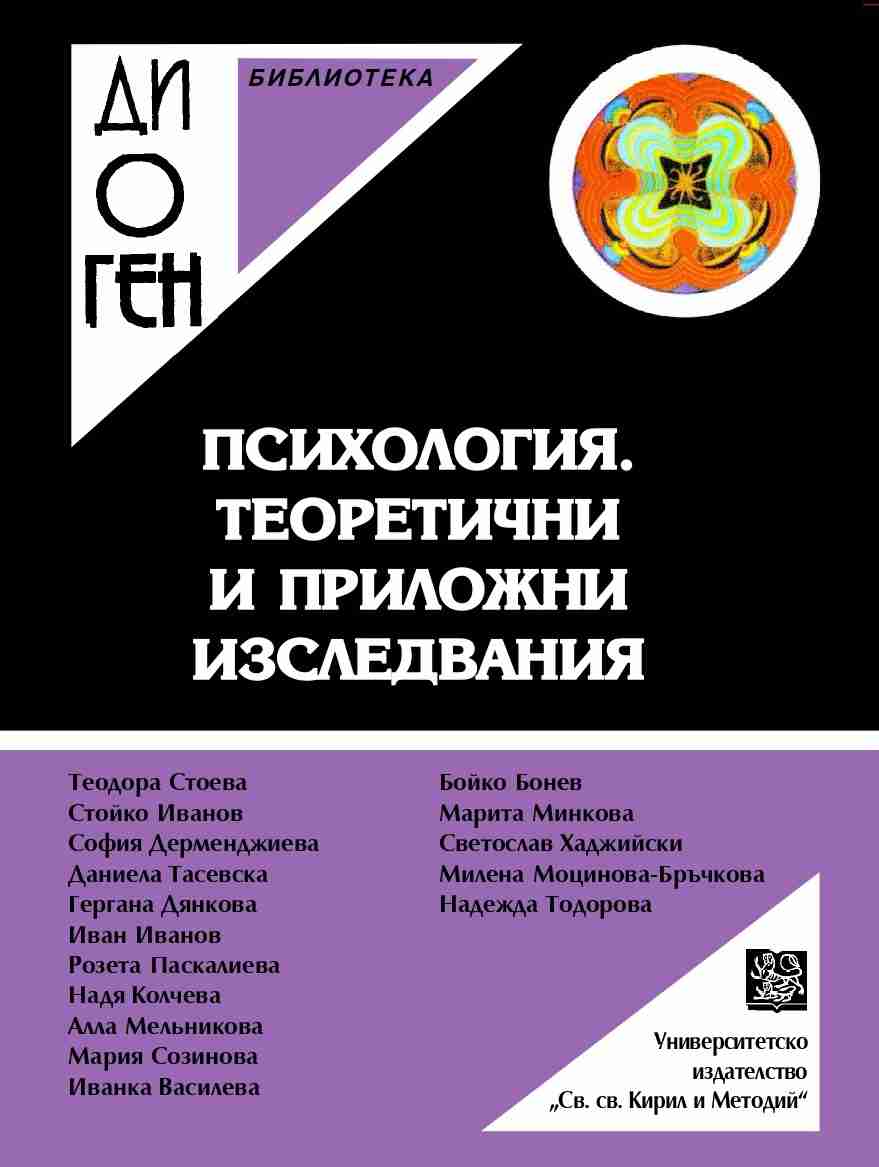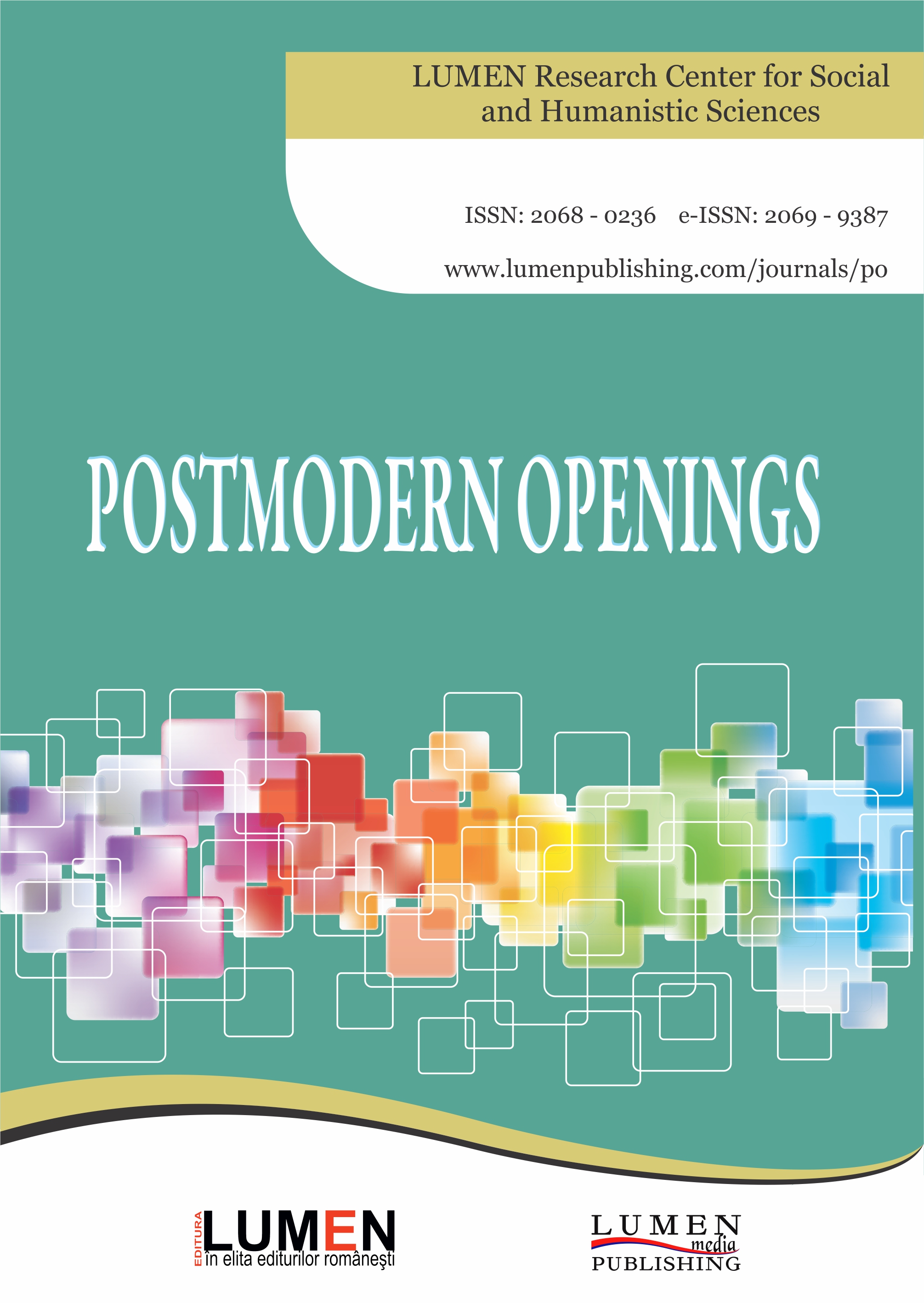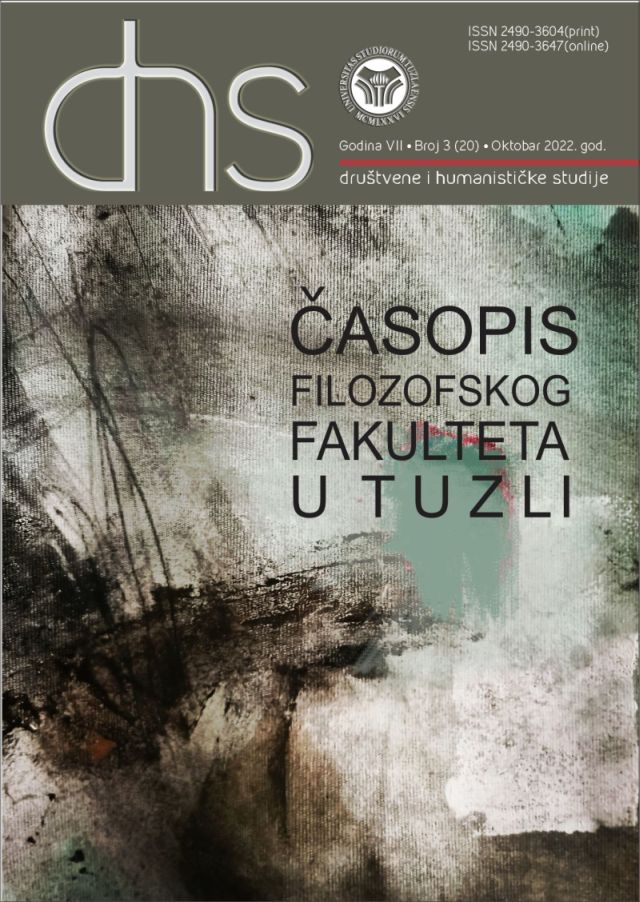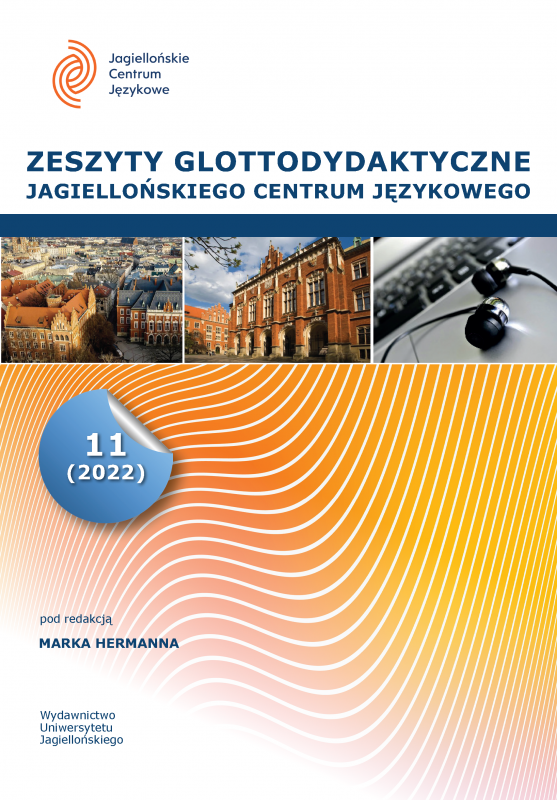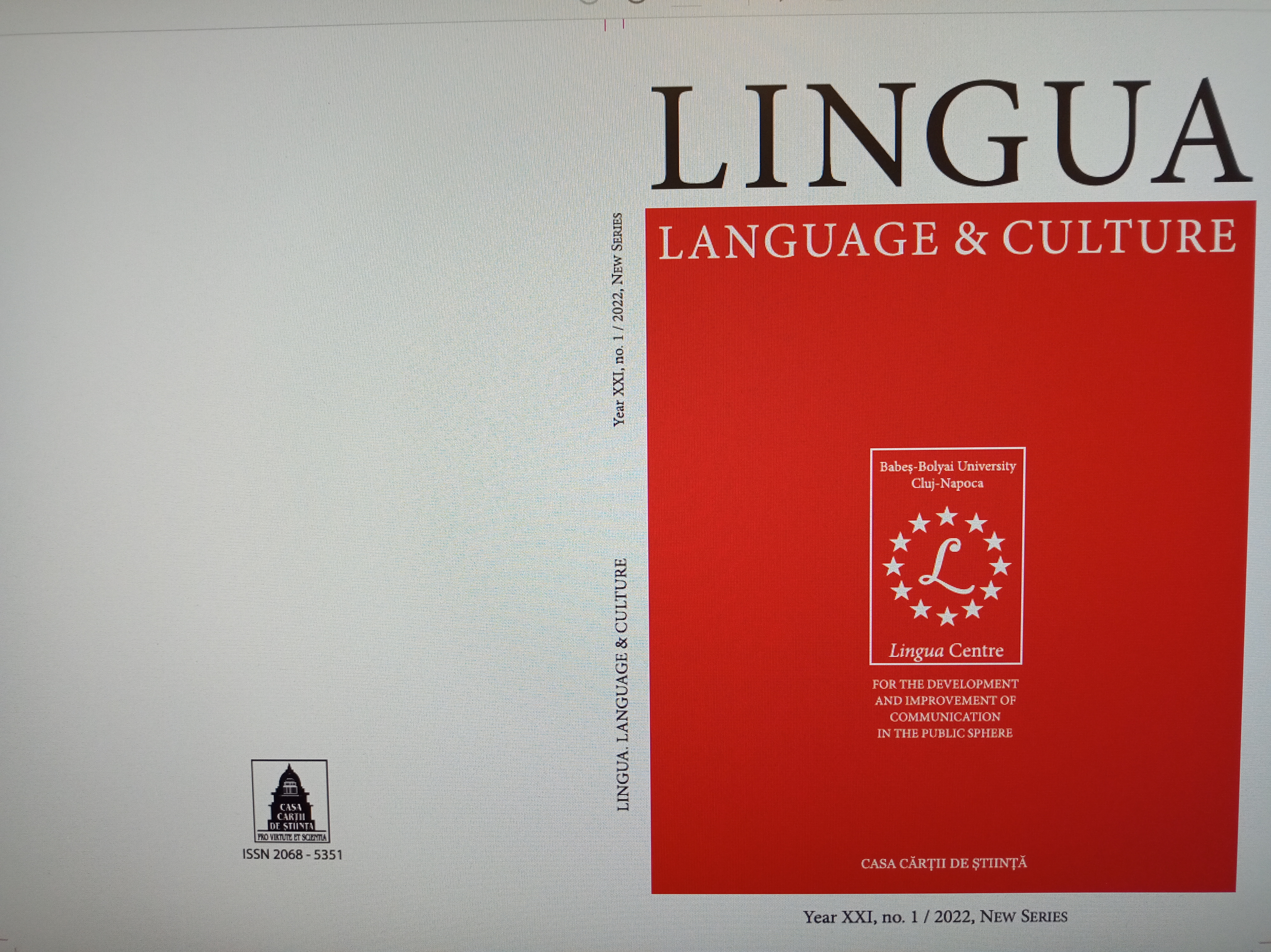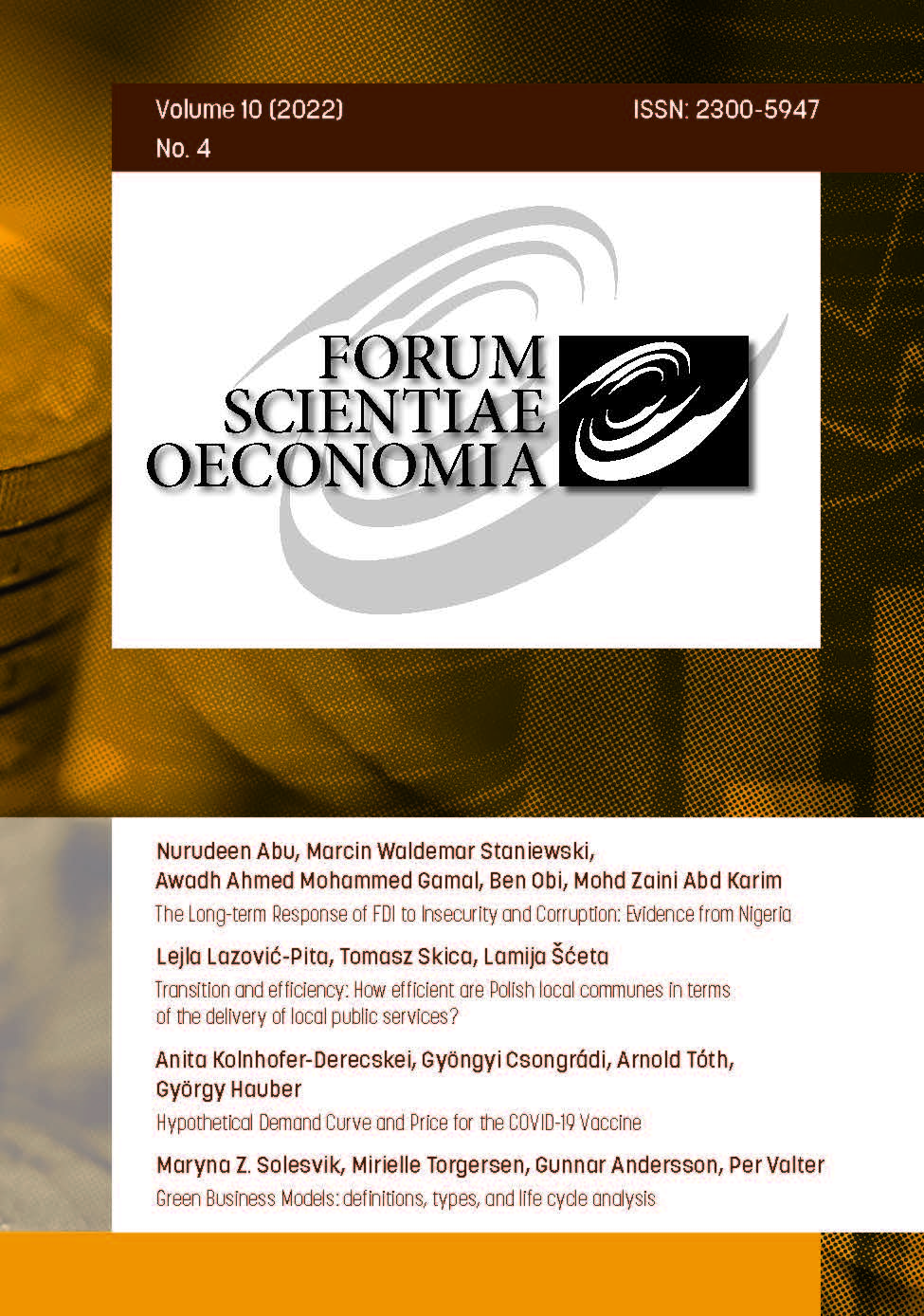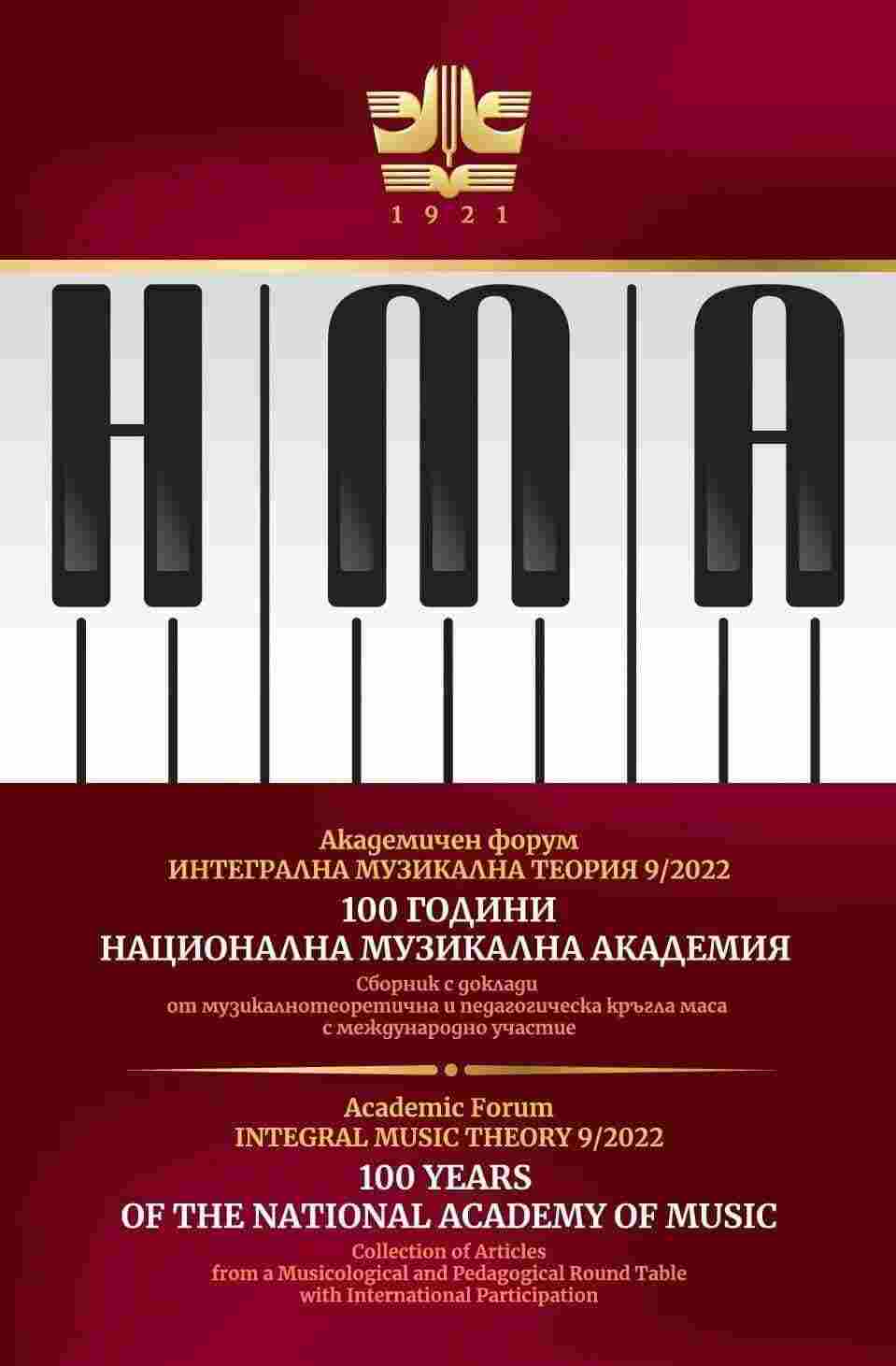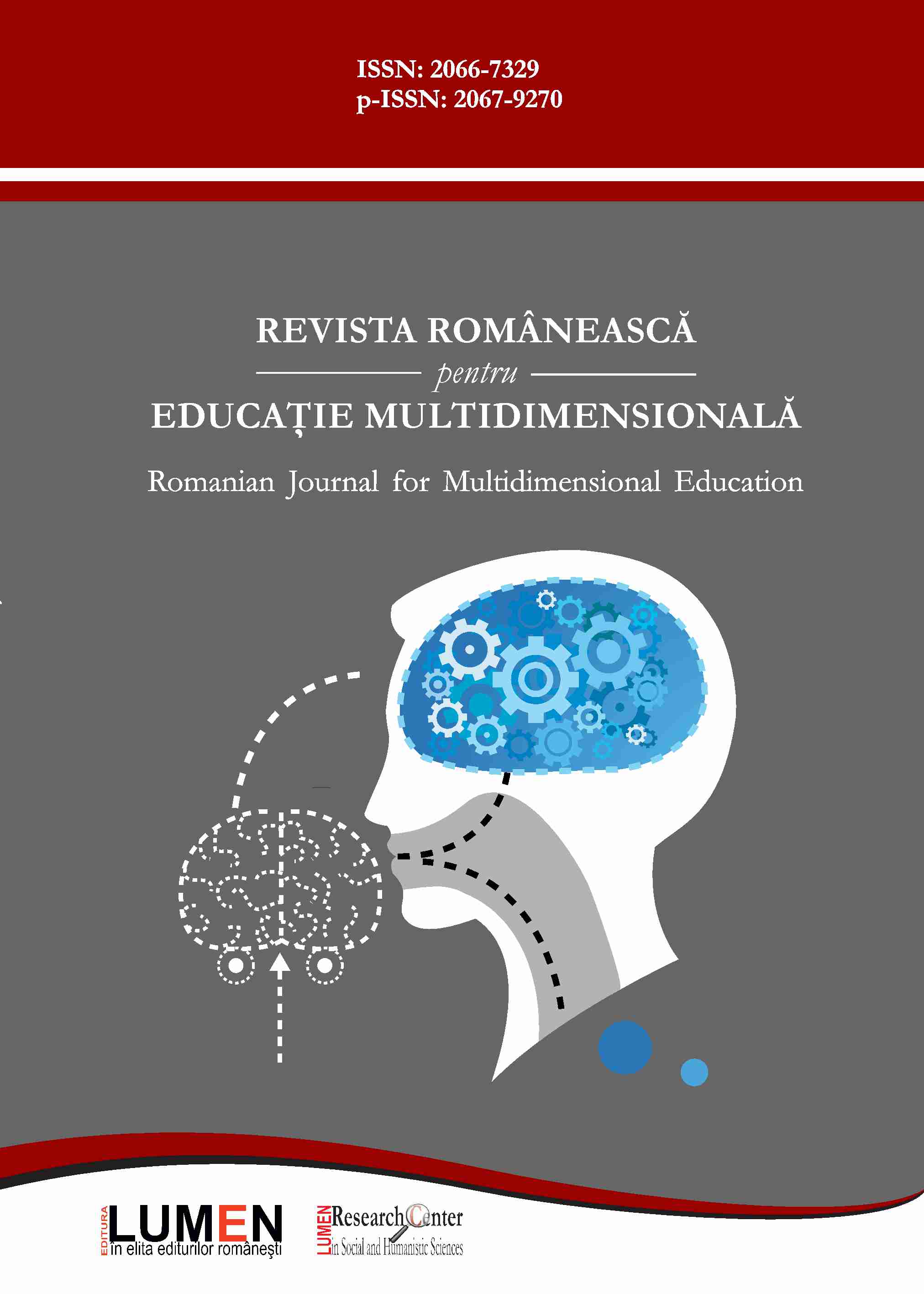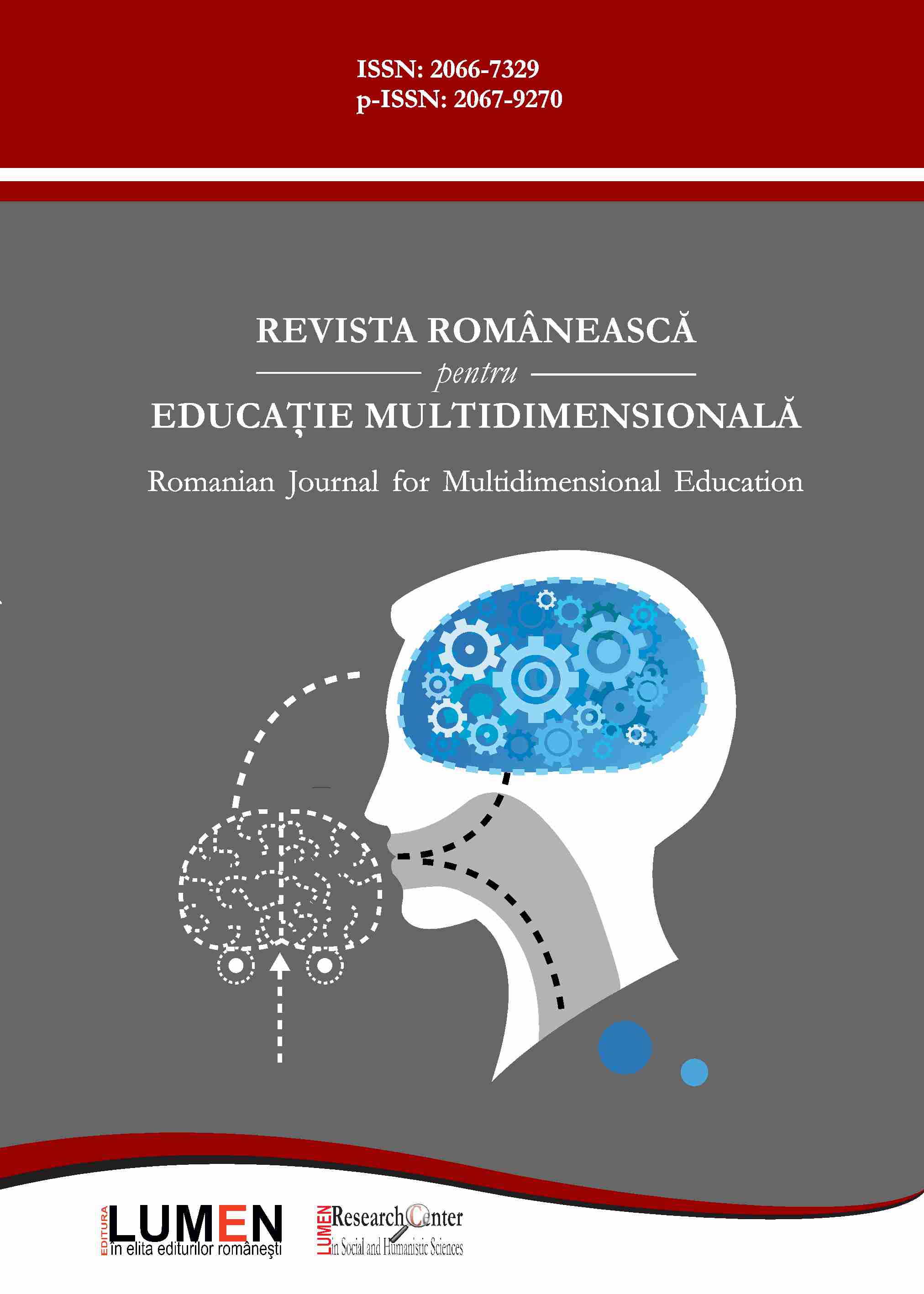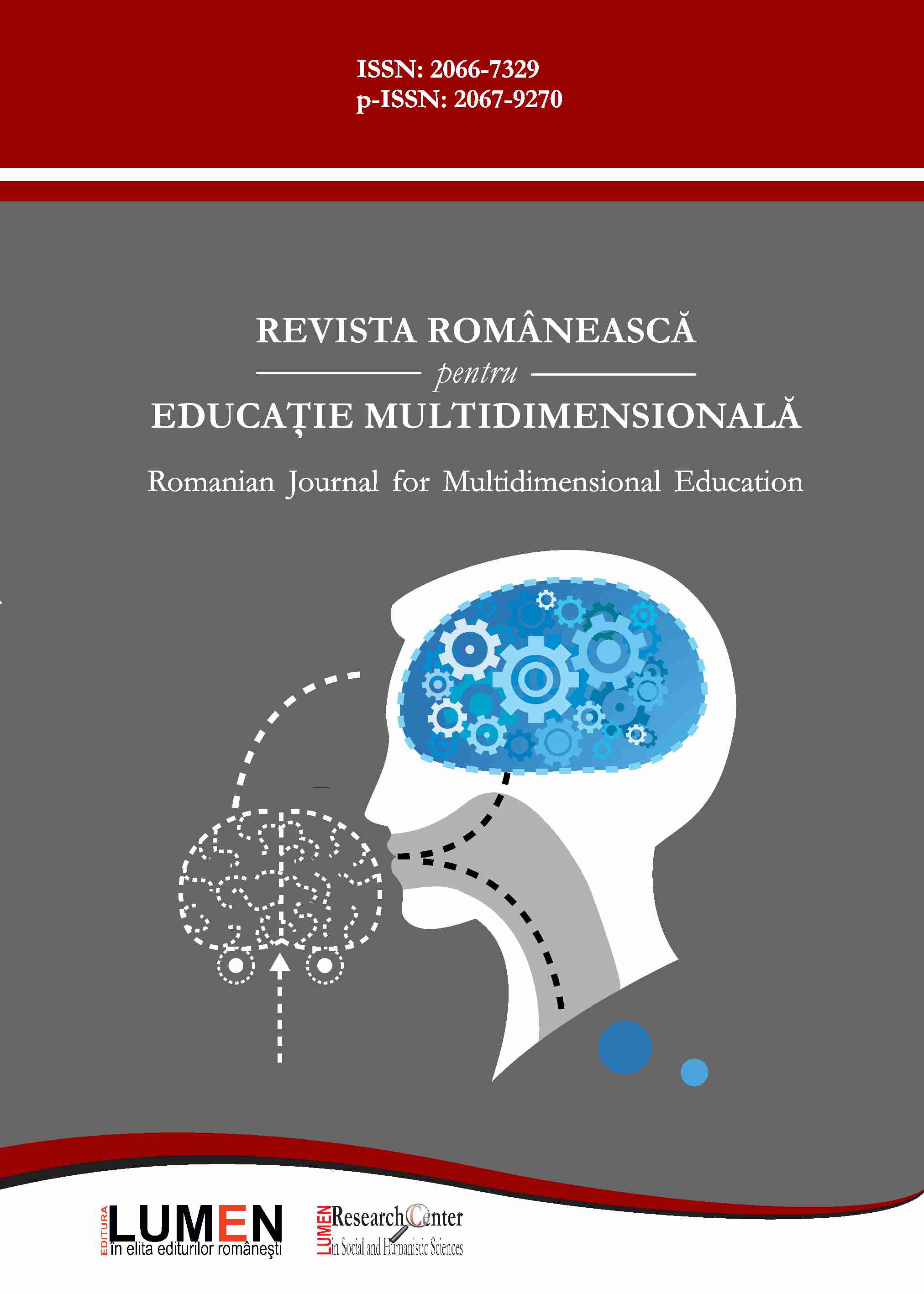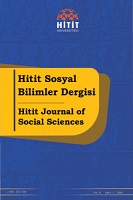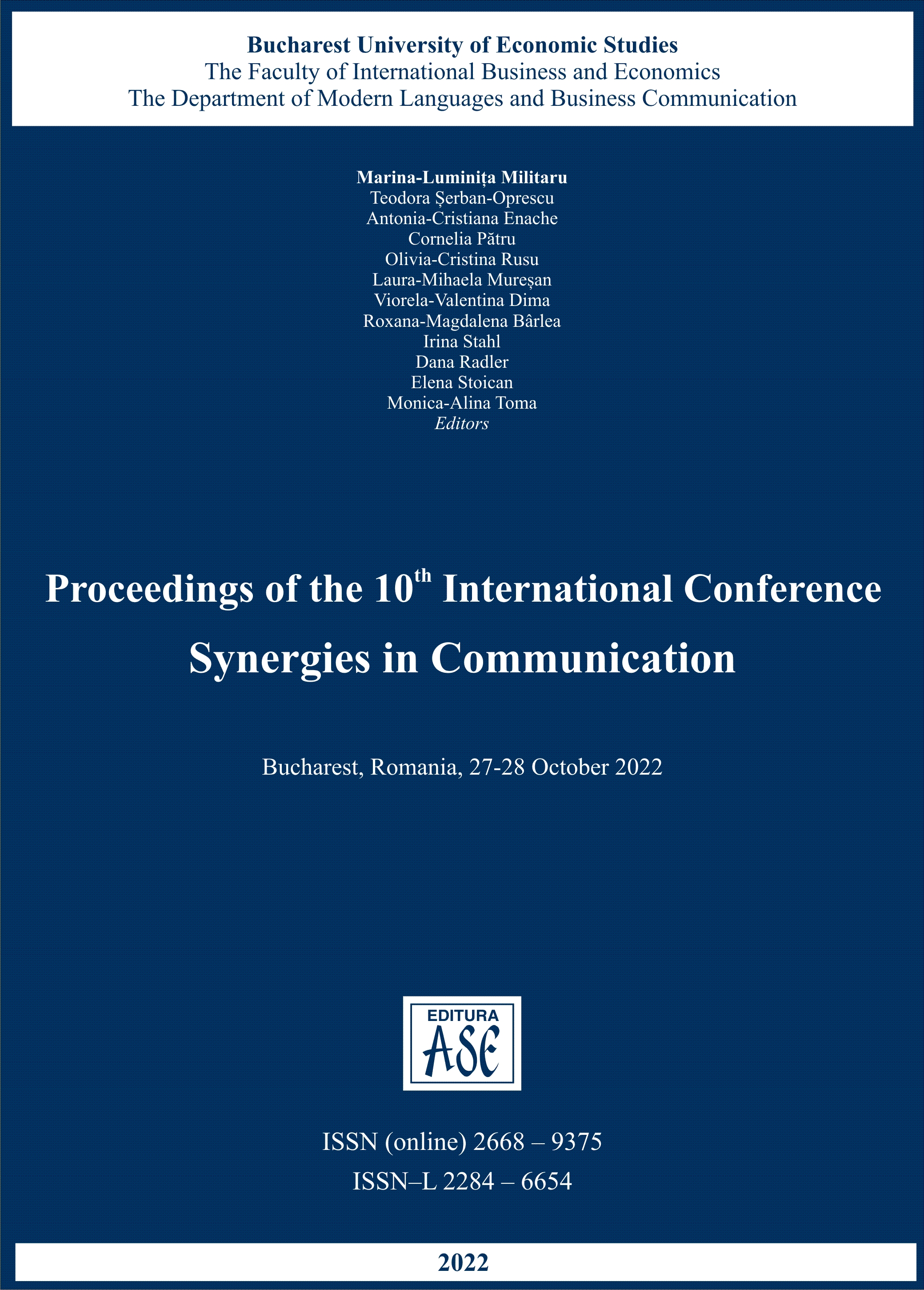COVID-19 Salgını ve Çocuk Psikolojisi
During the COVID-19 epidemic, which affected the world, both physiological and psychosocial risks negatively have been affected the lives of individuals. As countries closed their borders, they have been organized stay-at-home campaigns to control the pandemic. The closure of the units that have an important place in children’s lives such as schools, parks, sports halls among the public areas, causing psychological problems such as anxiety, trauma and depression to be observed more frequently in children; It was determined that they faced problems in both access to education and the adaptation process with the transition to distance education instead of face-to-face education. With the pandemic, the use of online psychotherapy has also increased. It has been observed that there are difficulties in transferring psychological services to the online environment. However it has been determined that maintaining dance and art therapy online with children has been found to be effective. In this article, the problems experienced by children during the epidemic process and the changes in education and psychotherapy are discussed.
More...
